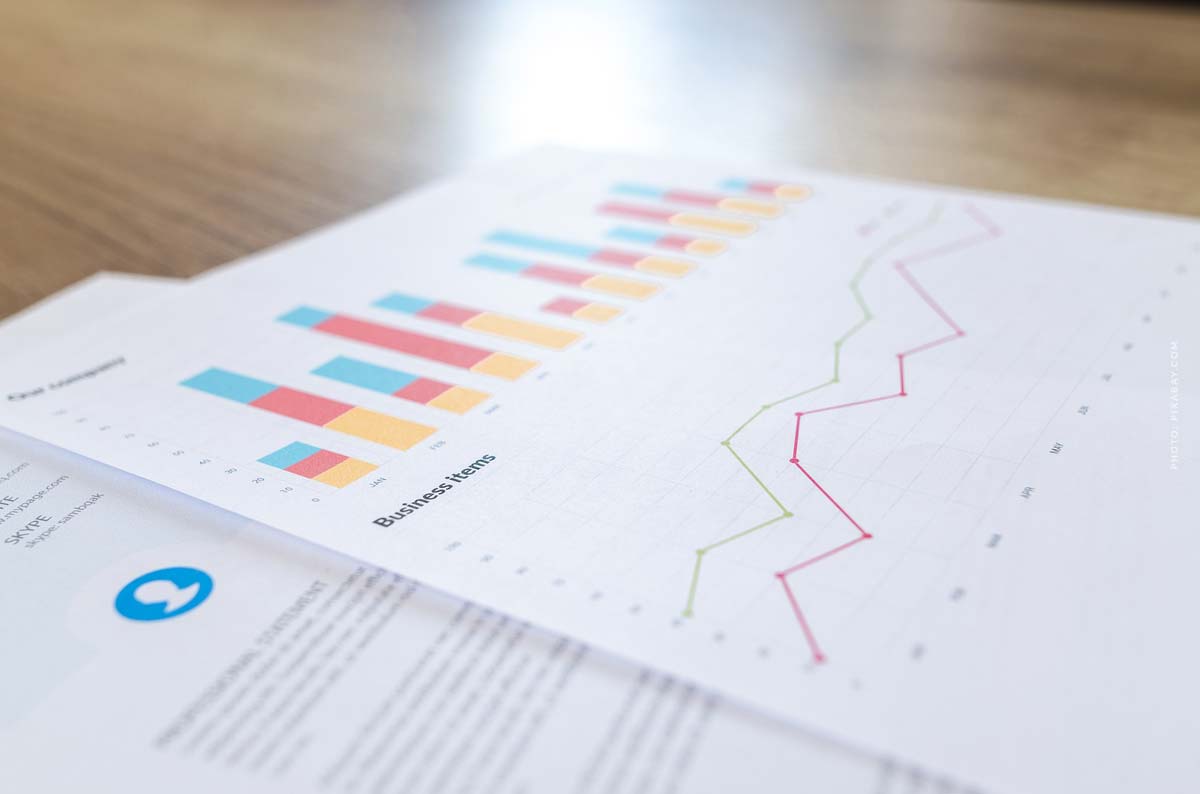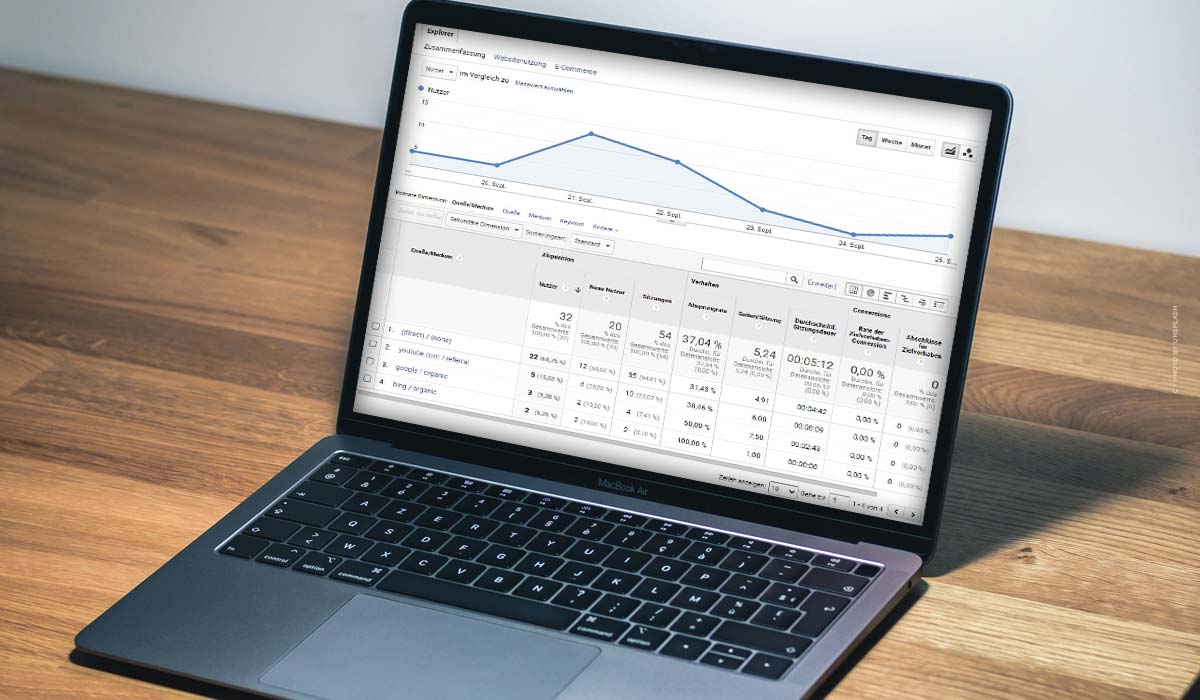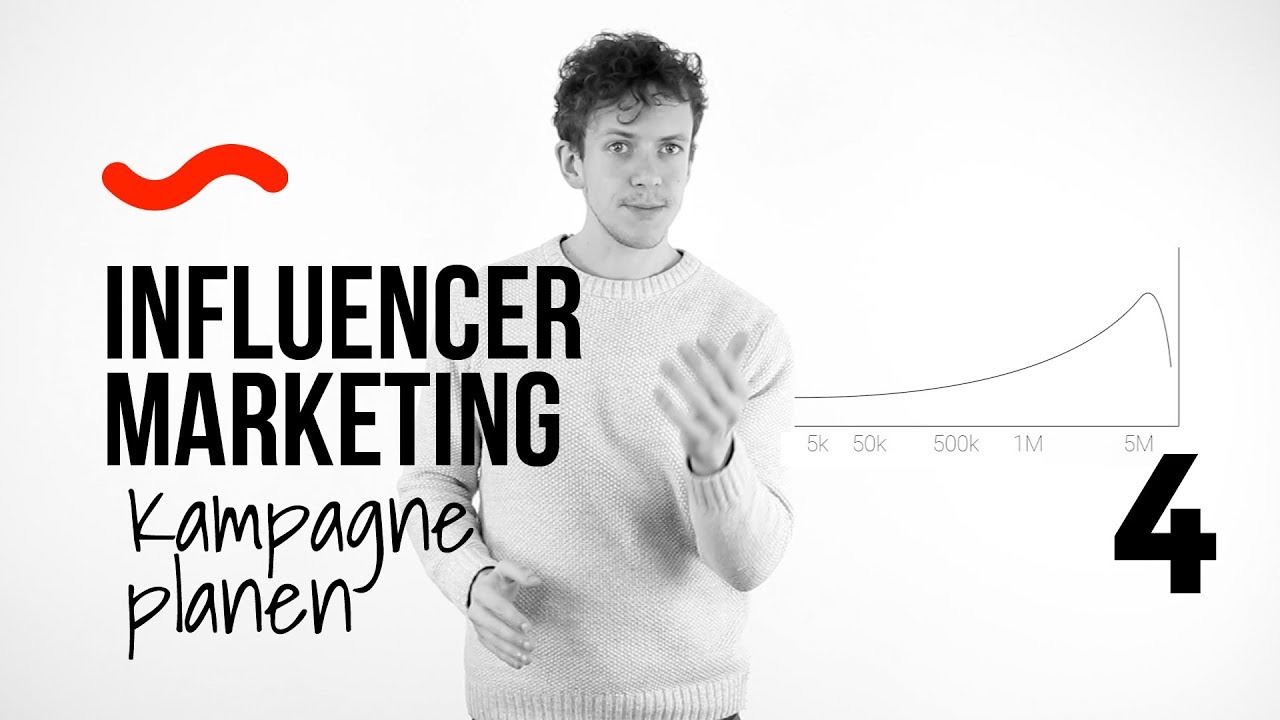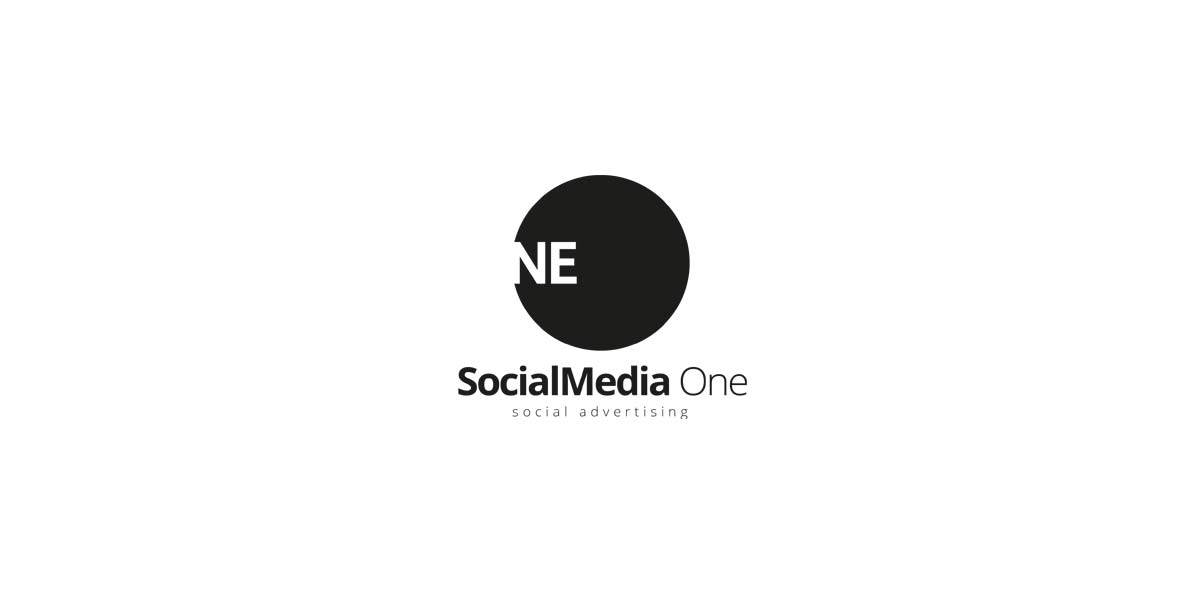Key Performance Indicators (KPI): Reporting! CPM, CPC, PPC & Co. – success factors
Key Performance Indicators (KPI) – The various analysis options within social networks and, in particular, the extremely precise addressing of target groups (age, interest, place of residence, etc.), allow campaigns to be evaluated very precisely. But what does KPI actually mean?
What does KPI mean? Quickly explained
Simply explained: The abbreviation KPI stands for “Key Performance Indicator”. This means that we are talking about a key performance indicator. KPIs are therefore key figures that can be used to measure, display and check the performance of various social media (marketing) activities.
Term:
KPIs = Key Performance Indicator
While success factors in the form of KPIs (Key Performance Indicator) are difficult to track for many classic measures (such as posters). Many measure success by these key performance indicators in particular: Clicks (redirection to the desired content), leads (pre-defined deals), shares (shared content), likes (likes).
Key KPI examples: CPM, CPC, PPC
Here are a few examples of important KPIs you’ll encounter more often in social media marketing.
ROI (Return of invest)
ROI indicates how profitable an individual campaign or an operational area is in relation to the investment made. In simple terms, ROI means: When will the expenditure (for advertising strategy XY, for example) be recouped?
CPM (Costs per mille)
Anyone who talks about CTR (Click Through Rate) should also know CPM, also Costs Per Thousand. It is indispensable in monitoring, for success control. What CPM is and what the difference between CPM and CPC is, you can learn here.
CPC (Costs per click)
What does CPC mean? What is a good CPC? What is an average CPC? How much do you pay when a user clicks on the ad? After our great articles on the topic in Google Ads, we receive particularly frequent questions about the cost of advertising on search engines. Therefore, we want to enter this single article once again in detail on the cost systematics of paid reach in search engines.
Pay Per Click (PPC)
Pay Per Click (PPC) – What is PPC? The term PPC stands in full for “pay-per-click”. The whole thing is a model in the field of internet marketing. Here, advertisers pay money every time one of the ads you create is clicked. The big goal behind the campaigns is to attract visitors to their own website, e-commerce.
Tip. Perfect for evaluation, our software recommendations.
Making users measurable: Example UTM parameters
Among other things, KPIs can be measured using UTM parameters. These are small attachments that appear at the end of a URL (website). This is how visitor flows can be measured.
Example: Tracking users with ID
Let’s say visitor 153.963 gets the ID 153963, we attach this to his visit and so we see which visitor it is. Let’s say our visitor jumps from ad A to offer A (online store). This is also marked, for example, by the ID Campaign_A. This way our online store (offer A) recognizes that a visitor has come from ad A.
- URL before: website.com
- URL after: website.com/?user=153963&?campaign=campaignA
More on the topic of UTM parameters:














